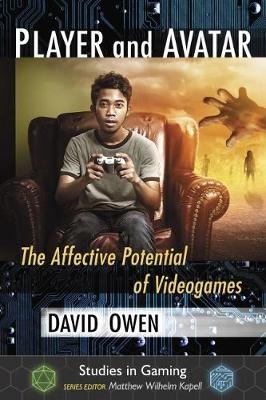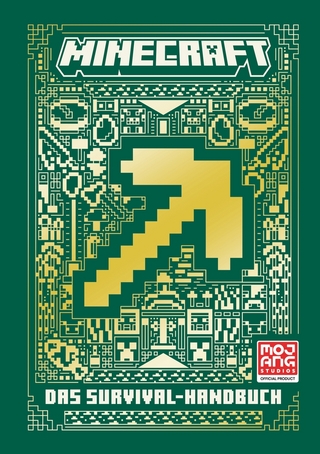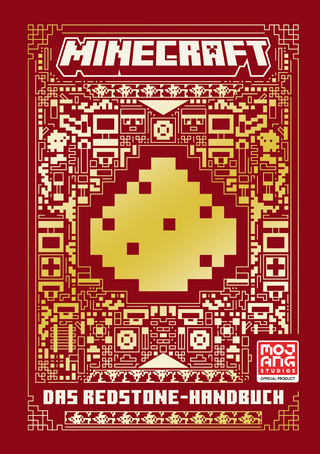
Player and Avatar
The Affective Potential of Videogames
Seiten
2017
McFarland & Co Inc (Verlag)
978-1-4766-6719-5 (ISBN)
McFarland & Co Inc (Verlag)
978-1-4766-6719-5 (ISBN)
Explores concepts central to the design and enjoyment of video games, including affect, immersion, liveness, presence, agency, narrative, ideology and the player's virtual surrogate - the avatar. Gamer and avatar are analysed as a cybernetic coupling whose dynamics suggest a fulfilment of dramatist Atonin Artaud's vision of the “body without organs”.
Do you make small leaps in your chair while attempting challenging jumps in Tomb Raider? Do you say "Ouch!" when a giant hits you with a club in Skyrim? Have you had dreams of being inside the underwater city of Rapture?
Videogames cast the player as protagonist in an unfolding narrative. Like actors in front of a camera, gamers' proprioception, or body awareness, can extend to onscreen characters, thus placing them "physically" within the virtual world. Players may even identify with characters' ideological motivations.
The author explores concepts central to the design and enjoyment of videogames--affect, immersion, liveness, presence, agency, narrative, ideology and the player's virtual surrogate: the avatar. Gamer and avatar are analyzed as a cybernetic coupling that suggests fulfillment of Atonin Artaud's vision of the "body without organs."
Do you make small leaps in your chair while attempting challenging jumps in Tomb Raider? Do you say "Ouch!" when a giant hits you with a club in Skyrim? Have you had dreams of being inside the underwater city of Rapture?
Videogames cast the player as protagonist in an unfolding narrative. Like actors in front of a camera, gamers' proprioception, or body awareness, can extend to onscreen characters, thus placing them "physically" within the virtual world. Players may even identify with characters' ideological motivations.
The author explores concepts central to the design and enjoyment of videogames--affect, immersion, liveness, presence, agency, narrative, ideology and the player's virtual surrogate: the avatar. Gamer and avatar are analyzed as a cybernetic coupling that suggests fulfillment of Atonin Artaud's vision of the "body without organs."
David Owen teaches at the University of Alberta in Edmonton, Canada. He has written essays and articles on theater, digital performance and videogames in The Journal of Gaming and Virtual Worlds and The Canadian Theatre Review. Series editor Matthew Wilhelm Kapell teaches American studies, anthropology, and writing at Pace University in New York.
Table of Contents
Acknowledgments deletevi
Introduction
Chapter One. Digital Like Me
Chapter Two. The Gamer as Cyborg
Chapter Three. The Illusion of Agency in a Virtual Environment
Chapter Four. Winning the Hearts and Thumbs of the People
Chapter Notes
Works Cited
Index
| Erscheinungsdatum | 07.07.2017 |
|---|---|
| Reihe/Serie | Studies in Gaming |
| Zusatzinfo | notes, bibliography, index |
| Verlagsort | Jefferson, NC |
| Sprache | englisch |
| Maße | 152 x 229 mm |
| Gewicht | 322 g |
| Themenwelt | Informatik ► Weitere Themen ► Computerspiele |
| ISBN-10 | 1-4766-6719-5 / 1476667195 |
| ISBN-13 | 978-1-4766-6719-5 / 9781476667195 |
| Zustand | Neuware |
| Haben Sie eine Frage zum Produkt? |
Mehr entdecken
aus dem Bereich
aus dem Bereich
Ein offizielles Minecraft-Handbuch
Buch | Hardcover (2022)
SchneiderBuch (Verlag)
12,00 €
Ein offizielles Minecraft-Handbuch
Buch | Hardcover (2022)
SchneiderBuch (Verlag)
12,00 €
Über 20 exklusive Bauanleitungen
Buch | Hardcover (2023)
SchneiderBuch (Verlag)
12,00 €


